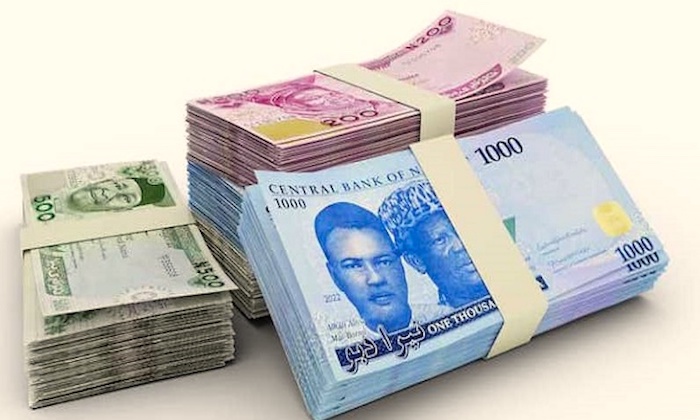The Central Bank of Nigeria (CBN) has reinforced that every banknote it issues remains legal tender and must not be refused, as stipulated in Section 20(5) of the CBN Act, 2007. The central bank specifically emphasized that both the old and redesigned naira banknotes are valid and should be accepted by everyone.
In a statement, Dr. Isa AbdulMumin, the Director of the CBN’s Corporate Communications Department, highlighted that all denominations of banknotes issued by the central bank are legal tender. He reiterated that, according to Section 20(5) of the CBN Act, 2007, no one is allowed to reject the naira as a means of payment.
The CBN expressed concern about recent reports of alleged cash scarcity in some major cities, despite assurances of sufficient cash stocks across the country. The bank also addressed public anxiety regarding the legality of old naira banknotes.
AbdulMumin clarified, “For the avoidance of doubt, while reiterating that there are sufficient banknotes across the country for all normal economic activity, we wish to state unambiguously that every banknote issued by the CBN remains legal tender and should not be rejected by anyone, as stipulated in Section 20(5) of the CBN Act, 2007.”
The statement further explained that CBN branches have been instructed to continue issuing different denominations of old and redesigned banknotes to deposit money banks for circulation to customers.
To ease the pressure on physical cash usage, the public was advised to embrace alternative payment methods. The CBN assured that there is an ample stock of currency notes to support regular economic activities.
In the foreign exchange market, the naira experienced a marginal depreciation against the dollar, trading at N1,020/$ on the parallel market. On the official Investors and Exporters’ (I&E) FX window, it depreciated to N874.71/$. Despite this, the CBN emphasized the stability of the currency and encouraged the public to avoid panic withdrawals. The use of alternative payment modes was also recommended to reduce reliance on physical cash.
